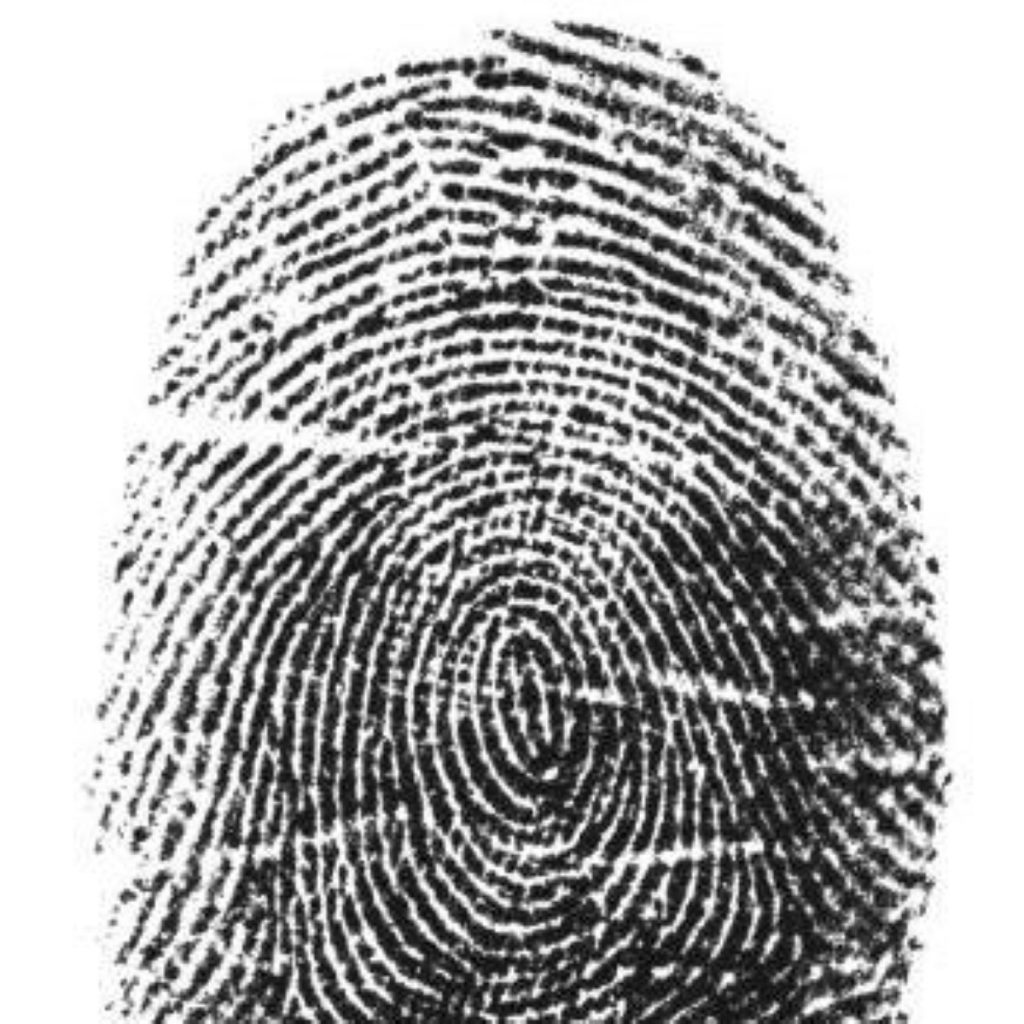DNA pioneer voices civil liberties concerns
One of the pioneers of DNA has warned that the use of the technology in fighting crime has gone far beyond what it was designed for.
Alec Jeffreys said there was “mission creep” in the role of Britain’s national DNA database which meant it was increasingly holding information on innocent people, rather than simply criminals, as was originally intended.
“When the DNA database was initially established it was for database DNA from criminals so that if they reoffended they could be picked up. We are seeing some creep on that mission,” he told Today.
There are currently about 3.6 million DNA profiles on the UK database, many of which have been included since new laws allowing its expansion were introduced in 2003.


Under the Criminal Justice Act, police can take and keep DNA samples from anyone arrested for an imprisonable offence – regardless of whether they are found guilty. The profiles of witnesses and victims offered voluntarily are also stored.
The Nuffield Council on Bioethics has today launched a consultation on whether the current rules should be changed, arguing that certain groups such as young men and people from ethnic minorities are overrepresented on the database.
If the current trend continues, one in four men in England and Wales will soon be on the DNA database, compared to seven per cent of women. At the moment, one third of all black males have their profiles stored, and 24,000 under 18s are included.
“Certain groups such as young males and ethnic minorities are overrepresented on the database, and the council will be asking whether this potential for bias in law enforcement is acceptable,” said chairman Bob Hepple.
This concern was reflected by Sir Alec, who said: “There are now hundreds of thousands of perfectly innocent people populating that database, people who have come to the police’s attention for example being charged with a crime but subsequently released.
“Their DNA remains in that database. My view is that this is discriminatory – that those people are very skewed socio-economically and ethnically.”
Last week Tony Blair championed the benefits of the DNA database on a visit to the Forensic Science Service, revealing that he had volunteered his own profile to be added and stating that he believed there should be no limit to how many people were included.
Police have stressed the benefits of the database in fighting crime – for example, the burglary detection rate when there are no DNA samples is 16 per cent, but rises to 41 per cent with samples. The technology is also useful in solving unsolved cases.
But Sir Alec raised another concern, saying that family members could be implicated in a crime by their relatives’ DNA. He warned: “That, to my knowledge, has never been the subject of any debate in the House of Commons.”









